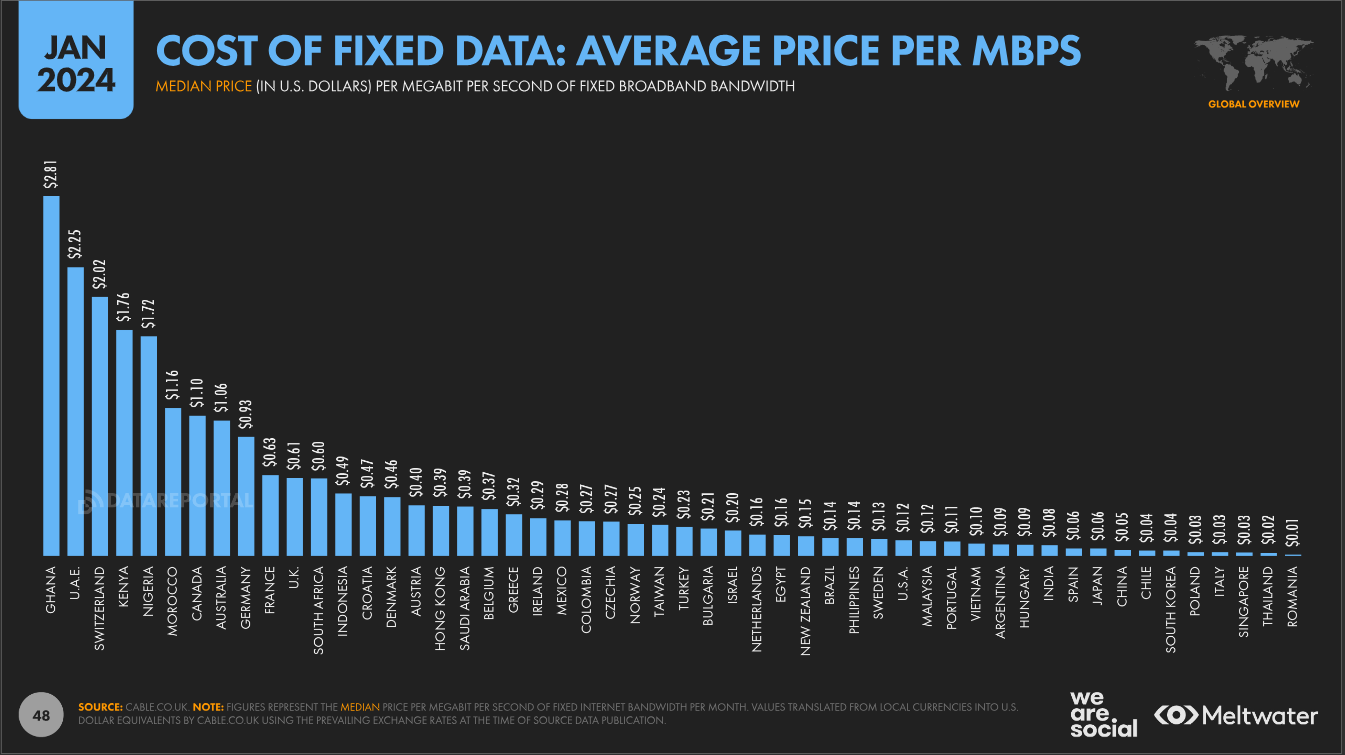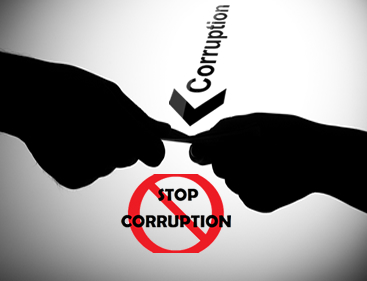

Almost 140 countries are ranked by 12 key factors, and "the emerging consensus" is that economic growth must "focus more on human well-being."
The most competitive countries in the world were announced by the World Economic Forum (WEF) on Tuesday, in its annual Global Competitiveness Report.
The ranking assesses almost 140 countries on a range of factors, from organised crime to redundancy costs to female participation in the labour force.
Countries then receive a score for 12 key "pillars"— including infrastructure, education and healthcare, labour market efficiency, and innovation – that then inform their overall competitiveness ranking.
"Governments, businesses and individuals are experiencing high levels of uncertainty as technology and geopolitical forces reshape the liberal economic and political order that has underpinned international relations and economic policy for the past 25 years," writes Richard Samans, head of global agenda at the WEF.
"It remains critically important to monitor closely the factors that determine economic growth, which enables countries to offer more equal opportunities and higher living standards."
Among the report's findings are that, while emerging economies are becoming better at innovation, more can be done to spread benefits. Labour market flexibility and worker protection are also needed for competitiveness and shared prosperity.
"The emerging consensus is that economic growth once again needs to focus more on human well-being," it says.
Below are the 12 countries that topped the ranking for most competitive in the world:
12. Denmark — This Scandinavian country has achieved both high employment and low inequality, a pattern that the report says supports the finding that workers' rights can be well protected in flexible labour markets.
GDP per capita: $53,744.
Best for: Higher education and training, 5th of 137 countries.
Most problematic factor for doing business: Tax rates.
11. Norway — "With high levels of information and communication technology use and a very dynamic business sector," Norway is "well placed to capitalise on the opportunities of the digital transformation," the report says.
GDP per capita: $70,3912.
Best for: Macroeconomic environment, 1st of 137 countries.
Most problematic factor for doing business: Tax rates.
10. Finland — Finland's approach to "preparing the younger generation for the challenges of the Fourth Industrial Revolution through novel teaching approaches has been particularly noteworthy," the report says.
GDP per capita: $43,169.
Best for: Institutions & Health, and Primary education, both 1st of 137 countries.
Most problematic factor for doing business: Restrictive labour regulations.
9. Japan — The island nation's success is "largely driven by high-quality physical and digital infrastructure, a healthy and educated workforce and a fertile innovation ecosystem," but it suffers from "persistently troubled public finances."
GDP per capita: $38,917.
Best for: Business sophistication, 3rd of 137 countries.
Most problematic factor for doing business: Restrictive labour regulations.
8. UK — Britain has fallen one place, although the report says this is not a reflection of Brexit. However, the outcome of ongoing negotiations will likely "further undermine the country's competitiveness," WEF warns.
GDP per capita: $40,096.
Best for: Technological readiness, 4th of 137 countries.
Most problematic factor for doing business: Tax regulations.
7. Sweden — Sweden has suffered from a deterioration in the perception of its institutional environment, although its economy "performs best in absolute terms on the set of basic requirements."
GDP per capita: $51,165.
Best for: Macroeconomic environment, 4th of 137 countries.
Most problematic factor for doing business: Tax rates.
6. Hong Kong — Hong Kong has risen from 9th place last year, the largest leap among the top 10 economies this year. It has been helped by its stable financial markets and flexible labour system, but the report says it could do better to harness talent from its workforce.
GDP per capita: $43,528.
Best for: Infrastructure, 1st of 137 countries.
Most problematic factor for doing business: An insufficient capacity to innovate.
5. Germany —The report says the country's "excellent performance" in innovation and its business ecosystem are "particularly noteworthy."
GDP per capita: $41,902.
Best for: Market size, Business sophistication, and Innovation, all 5th of 137 countries.
Most problematic factor for doing business: Tax rates.
4. Netherlands — A strong education system and high levels of tech readiness support the country's success in the rankings, WEF says.
GDP per capita: $42,283.
Best for: Infrastructure, and Technological readiness, both 3rd of 137 countries.
Most problematic factor for doing business: Restrictive labour regulations.
3. Singapore — The city-state performs well "across the board," although the report says its macroeconomic environment has been hurt by rising government debt, which is among the highest in the world when measured as a share of GDP.
GDP per capita: $52,961.
Best for: Higher education and training, and Goods market efficiency, both 1st of 137 countries.
Most problematic factor for doing business: Restrictive labour regulations.
2. United States — Although it ranks very highly overall, the report says the US performs poorly for "basic requirements," and is let down by low scores for health and primary education.
GDP per capita: $57,436.
Best for: Financial market development, Market size, Business sophistication, and Innovation, all 2nd of 137 countries.
Most problematic factor for doing business: Tax rates.
1. Switzerland — The small European nation has retained the top spot consistently since 2012 thanks to strong scores pretty much across the board.
GDP per capita: $79,242.
Best for: Labour market efficiency, Business sophistication and Innovation, all 1st of 137 countries.
Most problematic factor for doing business: Inefficient government bureaucracy.
Almost 140 countries are ranked by 12 key factors, and "the emerging consensus" is that economic growth must "focus more on human well-being." Read Full Story





















Facebook
Twitter
Pinterest
Instagram
Google+
YouTube
LinkedIn
RSS